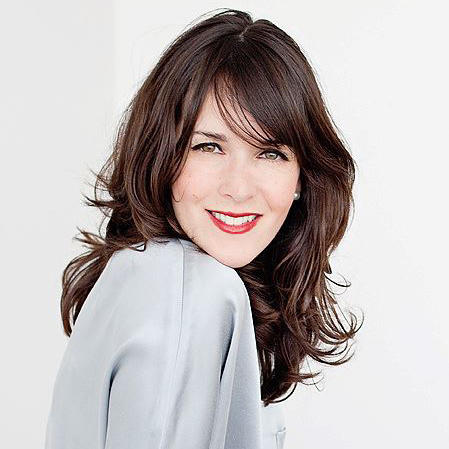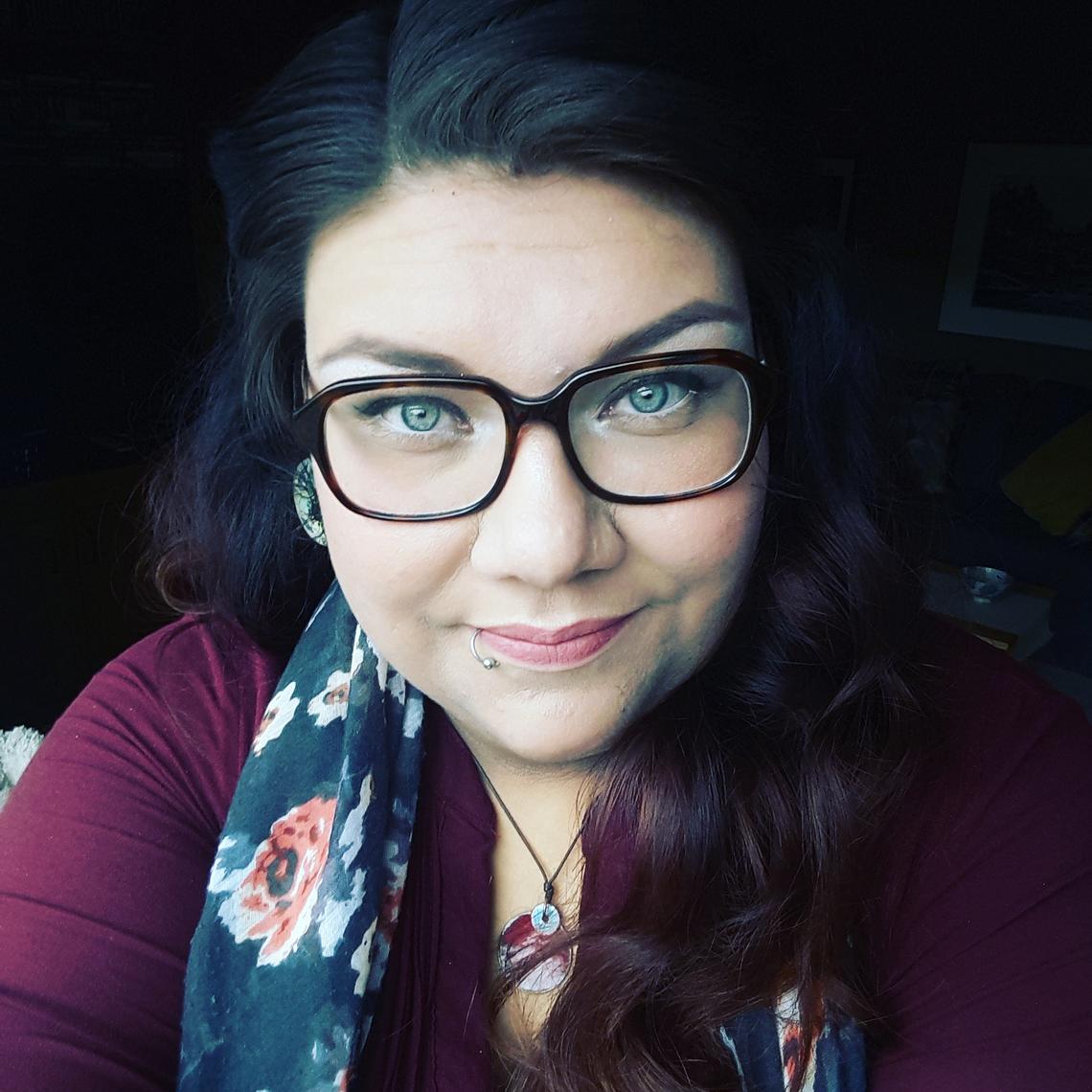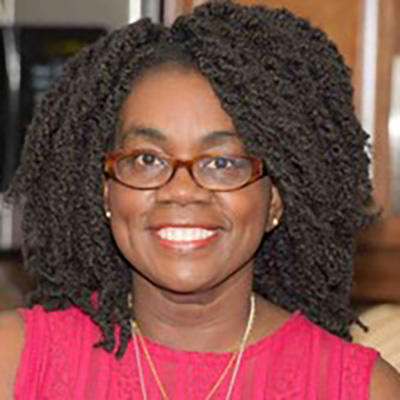March 5, 2019
Diversity in women's leadership shifts the landscape

Women's Leadership Conference.
Each year, the Women’s Resource Centre’s annual Women’s Leadership Conference sparks dialogue around traditional notions of leadership. The conference will be held March 9 from 8:30 a.m. to 4 p.m. in MacEwan Conference and Event Centre.
What is true self leadership?
Kristan Nielson, University of Calgary graduate and founder of PeopleLead, has presented at the Women’s Leadership Conference since its inception in 2013 in an ongoing effort to bring what she’s learned back to her roots. Participants of her workshop can expect to build leadership capacity by working through deep questions.
“We are seeing a transition into the next generation of knowledge and moving away from having a positional leader as the expert. There is no longer a model of ‘all-knowing leader’; we do far more for one another by asking, engaging and inspiring to catalyze change,” says Nielson.

Kristan Nielson, University of Calgary alumna and Women's Leadership Conference speaker.
Kristan Nielson
Another speaker at the conference, Keeta Gladue, Indigenous student program adviser at UCalgary, feels many people think of a leader as someone other than themselves.
“Female-identifying peoples have been raised to a kind of humility that borders on shame, where we aren’t allowed to claim our good things,” she explains, highlighting that her sessions will redefine leadership as informed by Indigenous ways of knowing and popular culture.
“My hope is that people will begin to identify things they bring into their community and come away with a little bit of self-appreciation we don’t often get a chance to have.”

Keeta Gladue, UCalgary Indigenous student program adviser and speaker at the conference.
Keeta Gladue
The role of intersectionality
This year’s conference will highlight intersectionality as a vital component of leadership identity. This means considering the multiple social locations we occupy and the interconnected nature of race, ability, faith, sexuality and privilege as vital to shaping who we are and how we lead.
At the conference, Dr. Linda Kongnetiman, PhD, will draw on her experience as an instructor in the Faculty of Social Work to foster a culture of inclusion and explore how today’s leaders can address oppression and increase empowerment by giving up unearned privilege.
“This is where humility and grace come in when doing anti-oppressive work,” Kongnetiman notes. “It doesn’t matter who you are, we all have unearned privileges. It is what you do with it that is the key thing.
“We all go through growth no matter how long you’ve been a leader, and having the consciousness for growth is for everyone. We are going to have an open, honest and candid conversation about intersectionality in women’s roles.”

Linda Kongnetiman,UCalgary instructor in the Faculty of Social Work and speaker at the conference.
Linda Kongnetiman
Why women’s leadership matters
Another presenter at the conference, Patti Pon, Calgary Arts Development president and CEO, reiterates the need for new ways of leading — especially with a consideration of equity, diversity and inclusion.
“For women leaders, we were told to just act like a man to do better, which is really just fitting a system rather than asking how we should change it,” Pon says. “We are now in a time of adaptive change, and we are making our way looking different than those before us.
“Whether you are on a leadership path, at a crossroads or just starting out not sure where to go, embracing who you are in what you do and why you do it can pave the way.”

Patti Pon, Calgary Arts Development president and CEO, and speaker at the conference.
Patti Pon
